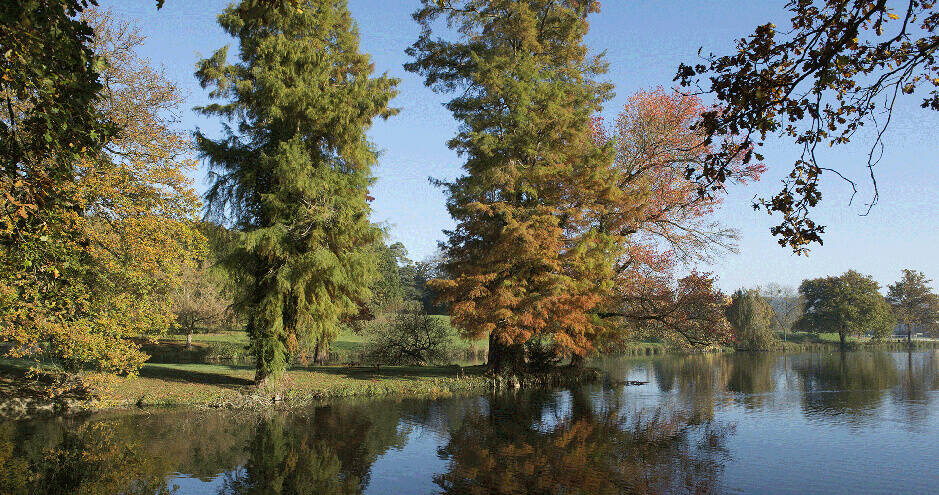HEC Paris ranked most ecofriendly school by "Le Figaro"
Faced with the climate emergency, it is the responsibility of business schools to include environmental challenges and the protection of biodiversity in their curriculums. Last July, HEC Paris was ranked at the top among its peers in the list of “the most ecofriendly schools” prepared by Le Figaro Etudiant.

"Purpose and Sustainability" course
The fundamental goal of educating students about the challenges and professions related to the ecological transition is an integral part of the school's strategy.
Under the Grande Ecole program, a total of 35 compulsory and elective courses are dedicated to climate, the energy transition, and various environmental and ecological topics. 11 of these are offered in year L3 (first year of the Grande Ecole) and 24 in the M1-M2 Masters cycle (second and third year of the Grande Ecole). Since last year, HEC Paris has implemented a 200-hour course entitled “Purpose and Sustainability”, which is mandatory for all students in the Grande Ecole program. It discusses the challenges of the ecological transition, including 100 hours on the theme of purpose and another 100 hours on sustainable development (social inclusion and the environment).
In March 2020, HEC Paris’ Society and Organizations Institute, which supports research and teaching initiatives on matters related to society and sustainable development, formally structured a new center of expertise focusing on “Climate & Earth”, led by François Collin, who was named Director for Climate and Environmental Sustainability, Senior Advisor to the Dean. “The challenges of climate and sustainable development have taken on an enormous importance in society and in higher education in general. In recent years, HEC Paris has undertaken numerous initiatives on these themes, thanks in particular to the work of the S&O Institute. We all know we still have a long way to go. This is why HEC Paris is working intently on an ambitious strategic plan focused on climate and the environment for the next 10 years,” says François Collin who works with all HEC stakeholders, from students to teachers, employees, alumni, and partner companies to successfully carry out his mission.
Additionally, in April 2020, HEC Paris’ Sustainable Development Committee endorsed, in principle, adhesion to the United Nations Global Compact in 2020 to implicate the institution more fully in the 17 Sustainable Development Goals (SDGs).
These different steps boldly illustrate the integral role the challenges related to climate and the ecological transition play in HEC Paris’ transformation strategy.
A biodiversity campus
The HEC Paris campus is itself an ecosystem covering over 130 hectares that include woodlands and its own lake. Its large open spaces have allowed for the installation of beehives, a vegetable garden, a flock of sheep, and soon a 100% waste sorting system.
To learn more
- Social purpose: how business schools around the world measure up: S&O named in a Financial Times article for three initiatives recognized for their societal impact